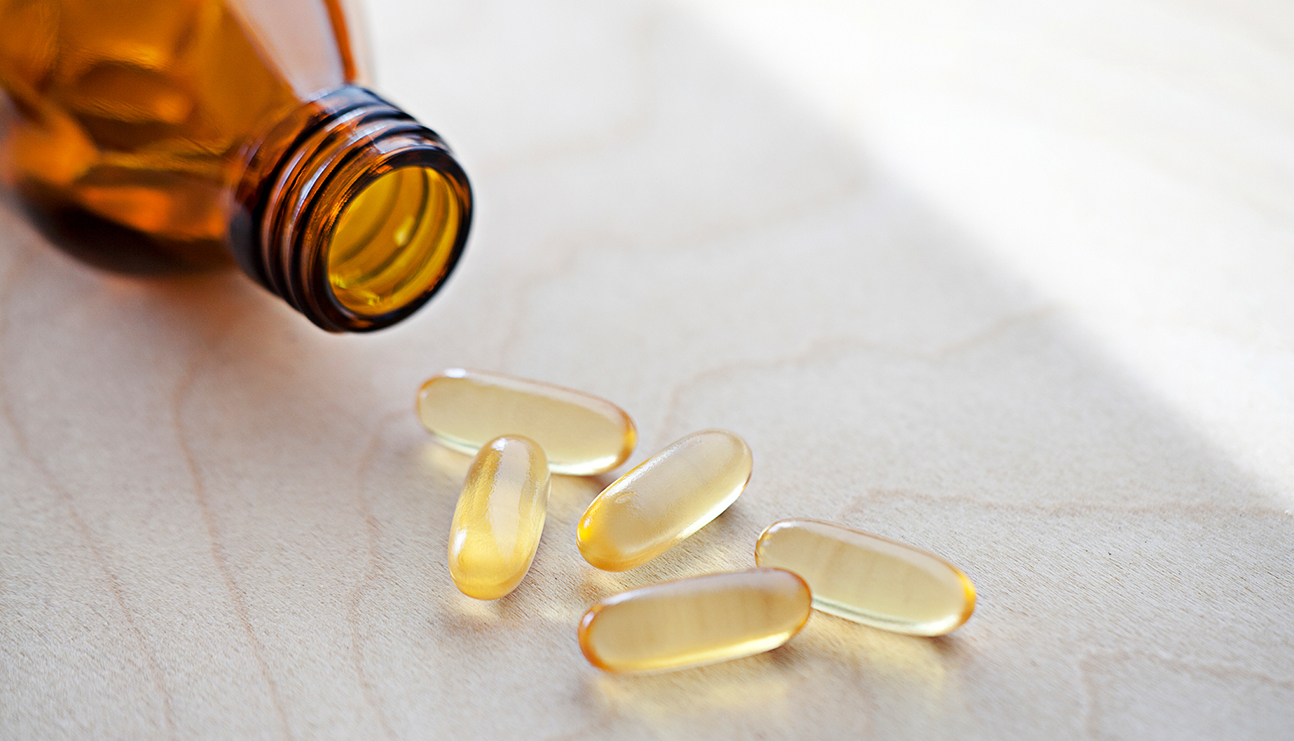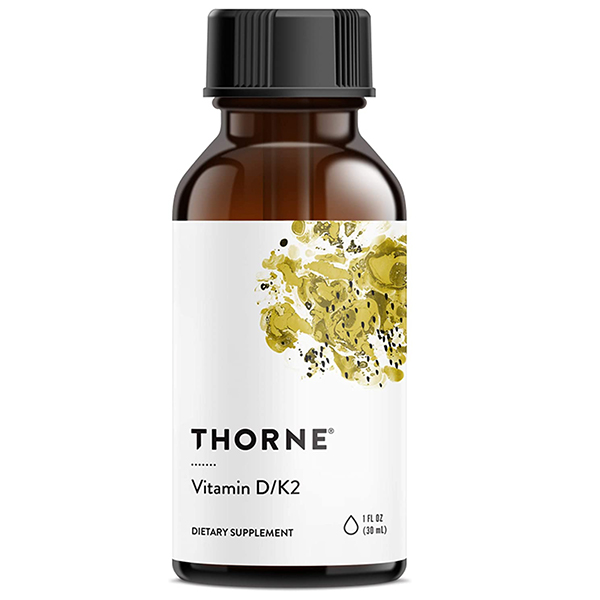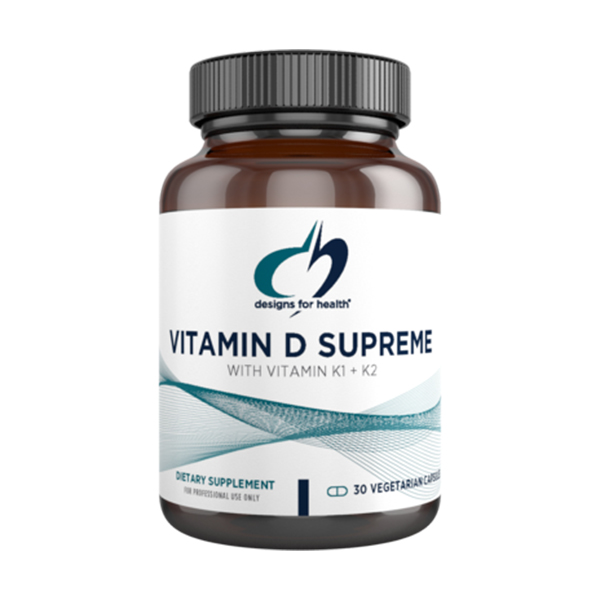Are You Getting Enough Vitamin D? Here’s Why It Matters
Does the end of winter have you feeling sluggish and depressed? After months of shorter days and gray skies, your body might be craving sunshine—and not just metaphorically. Anyone who lives above the 37th parallel on the globe (that would be you, Seattle, Chicago, and New York) doesn’t get enough sun during winter to produce the recommended amount of vitamin D. This means if you’re not taking supplements, you might just be deficient.

The Importance of Natural Vitamin D
In traditional Chinese medicine, sunshine is the source of Qi and Qi is the vital life force that helps our bodies maintain a healthy balance, with all systems functioning as they should. It’s fitting, then, that in modern medicine vitamin D, the so-called sunshine vitamin, has been shown to support a myriad of functions in the body. Benefits of vitamin D include:
- Maintaining the health of the bones and teeth by improving calcium absorption
- Boosting immunity levels (in fact, vitamin D deficiency has been linked to COVID-19)
- Regulating insulin levels
- Promoting lung health
- Supporting the nervous and cardiovascular systems
- Lowering the risk of depression, stroke, multiple sclerosis, and rheumatoid arthritis
The National Institutes of Health even says it aids in the prevention of colon, prostate and breast cancers—a strong argument to ensure your vitamin D levels are where they should be.
Vitamin D also supports healthy pregnancies—women with low vitamin D are reported to have a greater risk for preeclampsia and preterm delivery—in addition to supporting infant health. Medical News Today states that babies with low vitamin D have a greater chance of being diagnosed with asthma, eczema, and atopic dermatitis.
Getting the Vitamin D You Need
Only 50 percent of people meet the recommended levels of vitamin D. With so many of us working in front of computer screens, neglecting time outdoors, and slathering on sunscreen when we do go out, it’s no wonder so many of us aren’t getting the vitamin D our bodies need to thrive.
Since we know that vitamin D is important, how do we go about making sure we’re getting enough of it? Beyond that, how do we ensure that we’re consuming it in a way that is most effective?
The easiest way to get your fix of vitamin D is to spend time outside—and yes, we mean without sunscreen. Instead of the 1970s-style sunbathing where you lay out in the sun until your skin looks like a piece of jerky (ick!), experts recommend going out sans sunscreen for a few minutes, then applying it for protection once you get your dose—10 to 15 minutes per day for those with light skin, 15 to 20 minutes for anyone with naturally tan skin, and one to two hours for those with darker skin.
While this is the best and most accessible way to get vitamin D, it can be difficult to rely on this method year-round due to seasonal changes and many of the foods that are high in vitamin D aren’t plant-based. That’s why it’s a good idea to have a supplement on hand in the winter months. Below, you’ll find some trustworthy options to boost your vitamin D levels.
The Best Vitamin D Supplements
If you think you may be deficient in vitamin D, the best way to know for sure is to have your doctor order a blood test. According to the National Institutes of Health, adults aged 19 to 70 years need 600 IU (15 mcg) of vitamin D daily, although your doctor or nutritionist may recommend more if you are deficient. When you can’t get what you need from the sun, try one of these vitamin D supplements.








